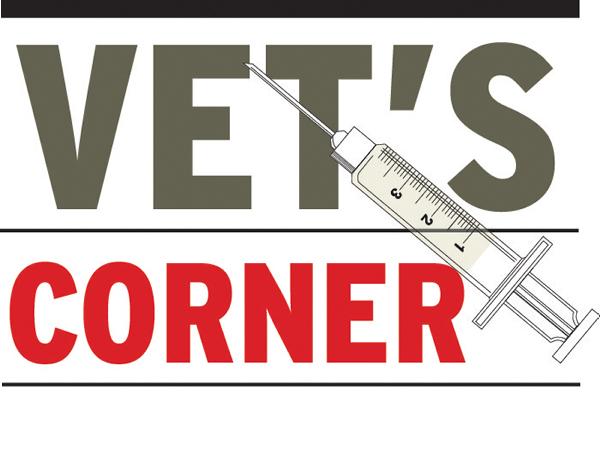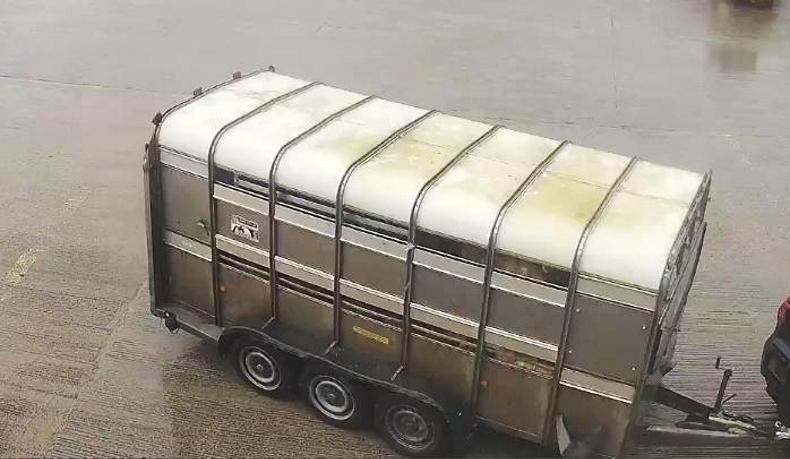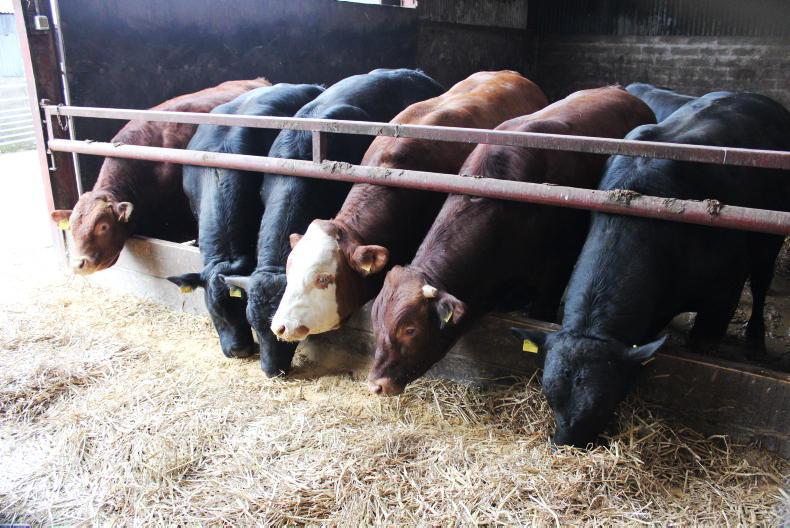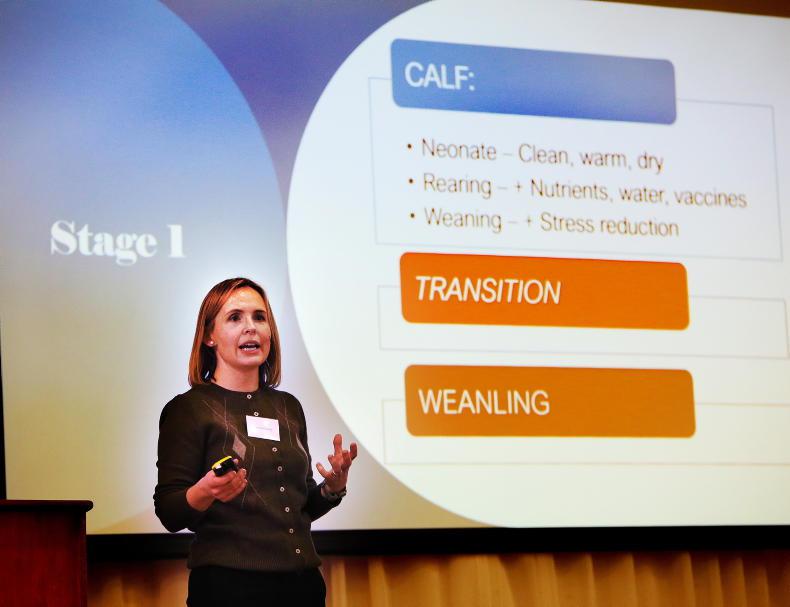There was a ewe in a trailer when I returned to our clinic last Saturday morning. The owner said she was dull, depressed, and drooling. She had twin lambs six weeks previously, and from a distance she looked to be in great order. On closer examination, it didn’t take long to determine what was wrong with her – Listeriosis.
In this part of the world we don’t see many sheep; cattle are by far the preferred species. But what struck me was how the disease process is identical in both species.
Listeria is a common bacteria. It is found everywhere on farms. But it thrives in silage that has a high pH – silage that is poorly preserved due to contamination with earth.
Mouldy silage is the obvious danger.
If the animal has a loose tooth or a cut in the mouth, the bacteria will enter the local nerve ending
We have been noting recently an increasing amount of the disease when animals are outdoors, where it is picked up from exposed soil directly.
If the animal has a loose tooth or a cut in the mouth, the bacteria will enter the local nerve ending and then spend the next four-to-six weeks travelling towards the brain stem.
Usually only one side of the brain is affected, but the nerve supply to that side of the head and face are damaged. Therefore, the tongue, lips and eyelids are drooped on that side, there can be a head tilt and the most obvious sign is circling to the affected side.
Treatment
Treating these animals is difficult. The main problem is that the swallow reflex is affected and if this doesn’t return within a few days the prognosis is very poor, as it proved with this ewe.
This ewe hadn’t had silage in a month, but the owner did concede that there had been some mouldy stuff prior to being let out to grass.
The owner tried his best to nurse the ewe and keep her hydrated by administering electrolytes, but this is risky as it can lead to pneumonia if liquids go down the wrong way.
As always, prevention is better than cure; throw out the mouldy silage.
Sean Coffey works at Mulcair Vet Clinic, Newport, Co Tipperary. Mulcair Vet Clinic is part of XLVets. XLVets is a group of progressive practices who are working together to achieve a better future for agriculture and veterinary in Ireland. For further information, go to www.xlvets.ie.










SHARING OPTIONS